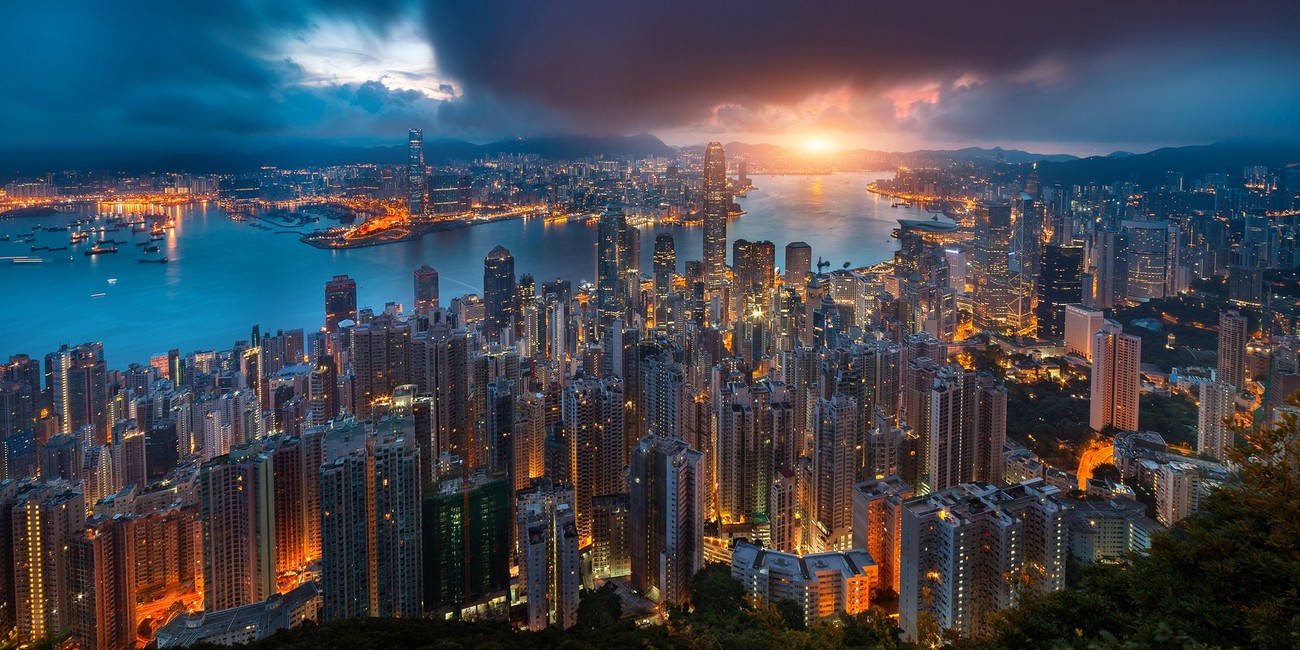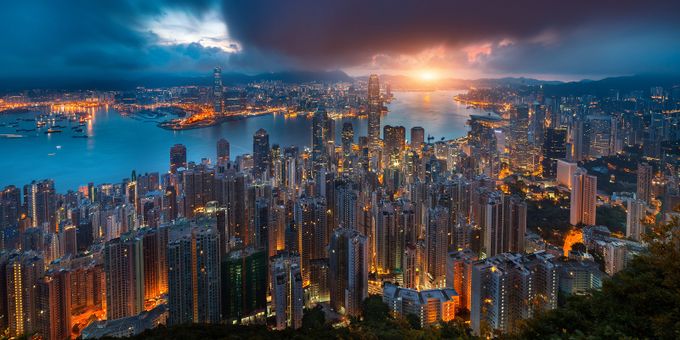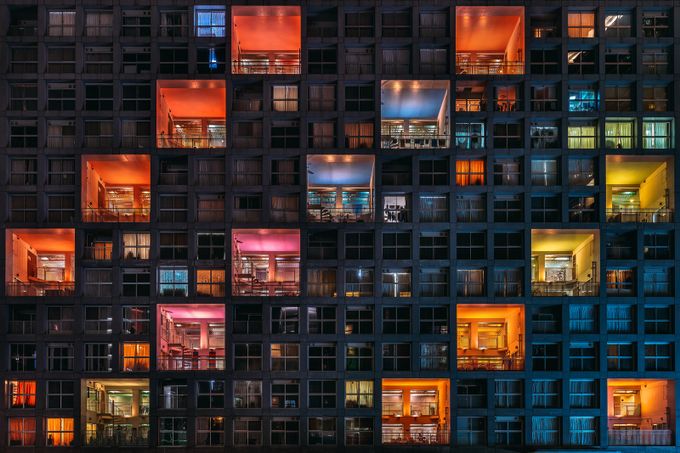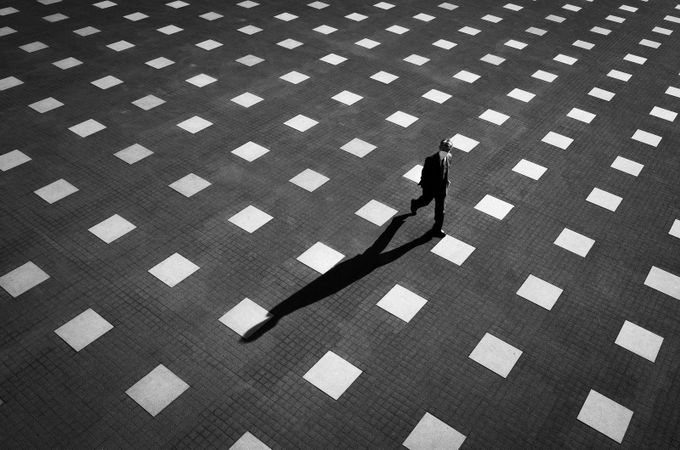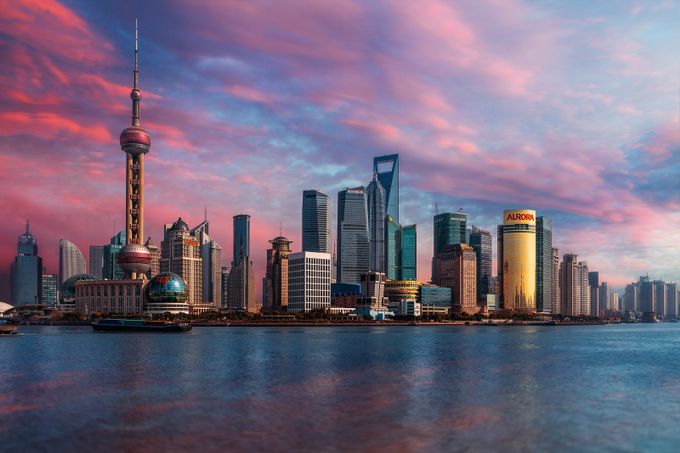Meet ViewBug community member peterstew. Peter Stewart is an international travel and fine art photographer with a focus on Asian culture, landscapes and bustling cityscapes. Originally from Australia, Peter is now based out of Hong Kong as a gateway to travel in the Asian region. His works have been featured in numerous magazine publications and online media, including National Geographic, Practical Photography, GEO magazine, Vice News, Huffington Post and Travel + Leisure magazine.
What are you trying to capture/say with your photography?
Over the years, I think I’ve matured and found my niche so to speak. Initially, my desire was simply to travel and showcase destinations in the best possible way. Although I always shoot for myself first and foremost, I would like to think that the takeaway view from others is one of wonder and awe. Simply put, I just wanted to inspire more people to travel and to witness some of the awesome sights that are out there.
Today however, I tend to focus a little more loosely on certain themes with an abstract twist, to show that which is in plain view, yet overlooked to the untrained eye.
How do you know if your images are visually interesting?
Often, I’m photographing a location without a clear visual hook, or subject to draw the eye in. These are the cases where you have to ask yourself, does this draw my attention? With minimalist subjects, I try and use shadow and geometry to my advantage to generate visual appeal. However, I am more known for my chaotic imagery, where with no clear guide for the viewer to follow, I try and use this to my advantage by using colour and accentuating small details to demand the viewer’s attention.
Do you think about perspective when you shoot?
Absolutely. Perspective is very important.
Do you use tripod or flash?
I would say that 90% of my photography is tripod based. This is due to bracketing exposures, using ND’s or photographing in low light. I rarely use a flash, unless I’m out doing street photography trying to be the next Bruce Gilden.
What time of the day do you prefer to shoot?
Like the majority of photographers, I always prefer to prepare for a sunrise/sunset setup if shooting a landscape or scenic location. Within cities however, my magic hour is at night. When all the lights come alive and that warm dull glow over the night sky. I also find it easier shooting at night as it allows me to slow down and focus easier, compared to say shooting a sunrise where you only have a brief window to shoot in the desired light.
Are you looking for a unique subject?
While I’m happy to photograph scenes that have already been shot to death, what I am on the lookout for are locations that I can use to create ideas I have already sketched out. My image “Fragments of Hanoi” and the Taxiland series are examples where I was able to use the subjects already in the scene and transform them into the idea I envisioned.
How are you choosing to stay close or far from the subject?
I often find I have very little say in the matter. When shooting in cities, you’re generally restricted by space so often the best shot location isn’t always the most ideal. Having a range of lenses to hand all the way from fisheye to telephoto allows you more options to be prepared.
Do you think of of rule of thirds/how?
I rarely give much thought to the rule of thirds. I think through years of learning photography, it’s likely engrained in me now to frame certain subjects in a way that draw in the eye. My preference however is more towards centre framing, especially with architecture.
Do you think of symmetry or reflections?
Shapes and geometry are how I like to approach subjects, so I am always looking around for interesting lines or patterns that I can use to form a picture.
Do you pay attention to the subject only or also background and why?
I think it’s very important to pay attention to what’s going on in the background of your frame. All too often, people pay too much attention to their main subject, and don’t notice things like the person walking though shot in the back, or the tip of a lamppost in the corner frame. I always try to remove distracting elements from the background before taking the shot. On the flip side, it also pays off to have a look at what's between you and your subject. There may be interesting foreground elements that you can use to your advantage to add an extra layer to your scene. I see this a lot with portrait photographers, who not only pay attention to their background, but will place an extra layer between themselves and their model. For example, by placing the camera in-between the leaves of a tree branch.
What do you prefer; B&W vs color?
The majority of my portfolio work I shoot in color, although for street photography I tend to prefer using a B&W shooting profile or B&W 35mm film.
What mistake do you see photographers doing often?
Not taking the time to slow down and focus. I find myself in a lot of heavily touristy locations, and excluding most who just want to grab a quick selfie and move on, I also notice that quite a lot of photographers exhibit the same rushed pace. They don’t take the time to put down the camera and take it all in. Look around (put the camera away), and take a mental note of what you want to shoot and where you need to stand. Essentially just slow down, and remember to enjoy the scene with your own eyes first.
What is your most important lesson you’ve learned that has improved your photography?
I feel that with photography, it’s a continual learning experience. Something I shot a year ago, might not be as good as if I shot it now. The learning curve will never stop, just get slowly easier. I biggest lesson I learned was to stop focusing on the technical aspects of photography, and to start researching the artistic aspects. In my first few years of shooting, I would spend endless hours watching tutorials on post-processing and tech guides about cameras and camera settings. All useful knowledge sure, but it doesn’t teach you to become a better photographer. Start researching the great artists of history in photography/painting/filmmaking and you will learn a whole lot more.


